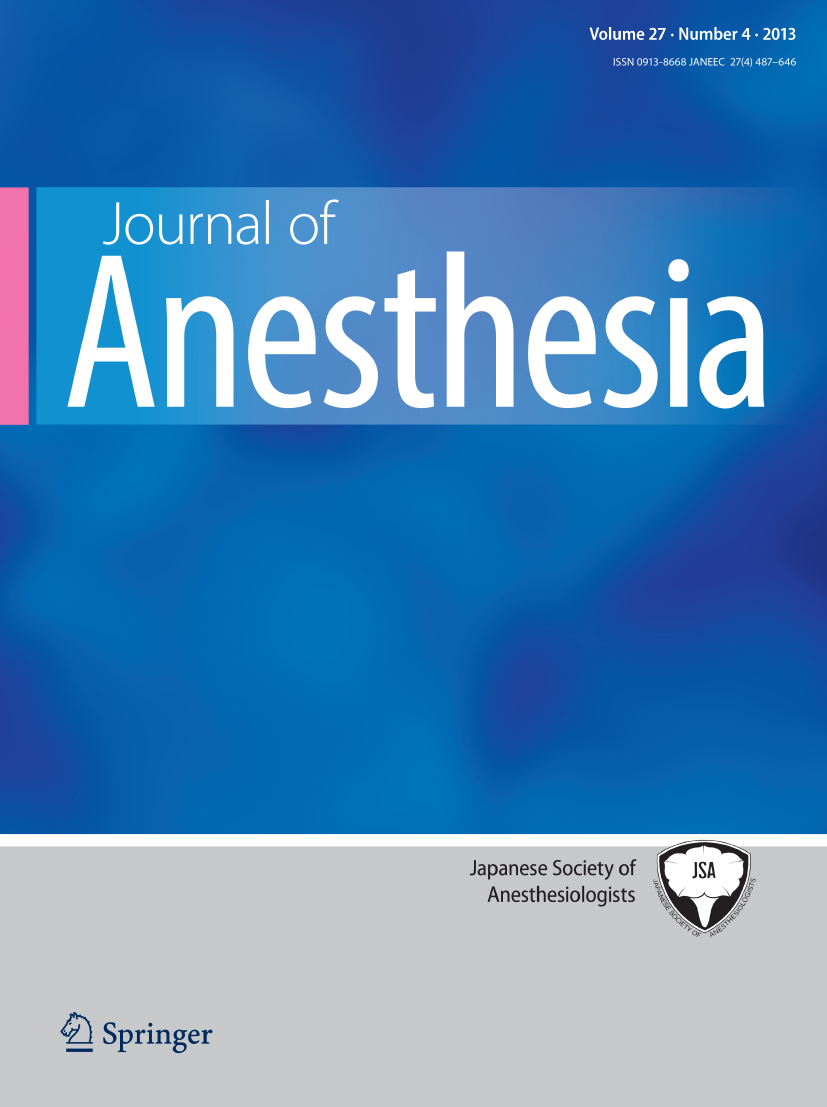
IV magnesium sulphate does not increase CSF Mg levels in spinal anaesthesia patients

IV magnesium sulphate does not increase CSF Mg levels in spinal anaesthesia patients
Changes in cerebrospinal fluid magnesium levels in patients undergoing spinal anaesthesia for hip arthroplasty: does intravenous infusion of magnesium sulphate make any difference? A prospective, randomized, controlled study
Br J Anaesth. 2012 Aug;109(2):208-15. doi: 10.1093/bja/aes146. Epub 2012 Jun 1Did you know you're eligible to earn 0.5 CME credits for reading this report? Click Here
Synopsis
45 neurologically healthy patients undergoing continuous spinal anaesthesia for hip arthroplasty were randomized to receive intravenous magnesium sulphate (MgSO4) or saline. Over 6 hours, the magnesium concentration in the serum increased in the MgSO4 group and decreased in the saline group. However, both groups demonstrated a decrease in the cerebrospinal fluid (CSF) magnesium concentration at 2 ...
To view the full content, login to your account,
or start your 30-day FREE Trial today.
FREE TRIAL
LOGIN
Forgot Password?
Explore some of our unlocked ACE Reports below!

Learn about our AI Driven
High Impact Search Feature
Our AI driven High Impact metric calculates the impact an article will have by considering both the publishing journal and the content of the article itself. Built using the latest advances in natural language processing, OE High Impact predicts an article’s future number of citations better than impact factor alone.
Continue



 LOGIN
LOGIN

Join the Conversation
Please Login or Join to leave comments.